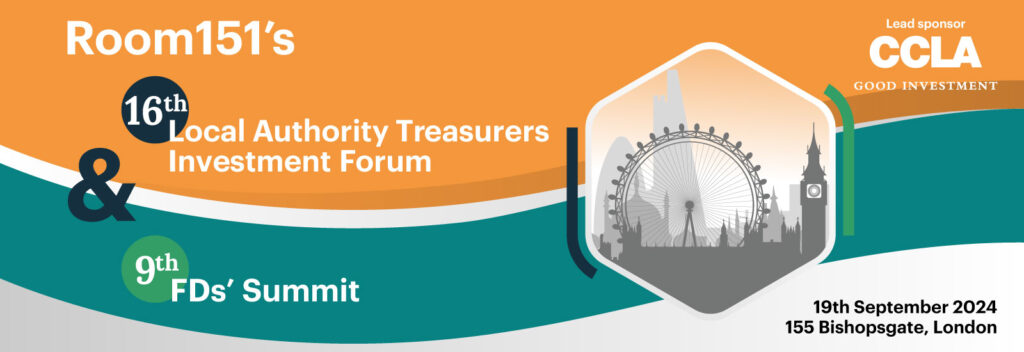Councils in England now face a funding gap of £6.2bn over the next two years, according to new analysis.
The figure is based on Local Government Association (LGA) modelling of councils’ future cost pressures and income. The LGA estimates that councils face a funding gap of £2.3bn in 2025/26 and £3.9bn in 2026/27.
The funding gap has widened since October when the LGA estimated a £4bn gap over two years.
These gaps relate to the funding needed just to maintain services at their current levels, the LGA said.
The funding gap analysis is included in LGA’s white paper setting out how a new relationship between central and local government should look post-election, which was reported on by Room151 earlier this week but has now been released in full.
The white paper states that councils “do not have enough funding simply to stand still” and argues that a “significant and sustained” increase in funding for local government would help to reduce costs on other public services and support more efficient delivery of key national priorities at a local level.
The funding gap of £6.2bn is being driven by rising cost and demand pressures to provide adult social care, children’s services, homelessness support and home-to-school transport for children with special educational needs and disabilities, the LGA said.
LGA analysis suggested that by 2024/25 these pressures will have added £15bn (28.6%) to the cost of delivering council services since 2021/22.

These pressures are therefore “increasingly leaving councils with less funding to provide universal local services that people rely on every day – such as keeping streets clean, filling potholes, and tackling anti-social behaviour”.
The LGA said a recent survey it had conducted found that two thirds of councils have already had to make cutbacks to local neighbourhood services in 2024/25, including waste collections, road repairs, library and leisure services “as they struggle to plug funding gaps”.
In addition to cost and demand pressures, councils have also faced a 22.2% cut in core spending power from 2010/11 to 2024/25, the LGA stated.
Without a funding increase, multi-year settlements and reform of the local government finance system, the LGA warned that cost and demand pressures would “continue to stretch council budgets to the limit in the coming years, leaving more councils of all political colours and types unable to deliver their legal duties for their residents and putting vital services at further risk of cutbacks”.
Kevin Bentley, senior vice chairman of the LGA, said: “We all rely on local government to keep our streets clean, collect our bins, fix our potholes, build more homes, create jobs, keep children safe and support people of all ages to live fulfilling lives.
“However, a funding gap of more than £6bn facing local services over the next two years – fuelled by rising cost and demand pressures – means a chasm will continue to grow between what people and their communities need and want from their councils and what councils can deliver.
“On July 5, whoever forms the next government will be faced with many challenges, whether it is building more affordable housing, improving care for adults and children, reducing homelessness, boosting inclusive growth or tackling climate change.
“Local government’s offer to the next government is huge. Respect us, trust us and fund us. By working together as equal partners, we can meet the fundamental long-term challenges facing our communities.”
‘Existential crisis’
Commenting on the LGA’s analysis, Mike Short, head of local government at public service union Unison, said that councils are facing an “existential crisis because of years of severe government underfunding”.
He said: “Wave after wave of budget cuts to essential services has harmed communities immensely, with the worst off always the hardest hit.
“Authorities have been forced to sell off buildings, open spaces and other prized assets, and cut thousands of jobs. But still their books won’t balance – and now scores of town halls face effective bankruptcy.
“Without a sustained programme of proper investment many more will go under. This cannot be allowed to happen. Local services, and the councils that provide them, are too important to lose.”
The need for a new relationship between central and local government post-election is also being addressed in Room151’s Municipal Missions Manifesto series. All articles in the series so far have been collected here.
—————
FREE bi-weekly newsletters
Subscribe to Room151 Newsletters
Follow us on LinkedIn
Follow us here
Monthly Online Treasury Briefing
Sign up here with a .gov.uk email address
Room151 Webinars
Visit the Room151 channel














